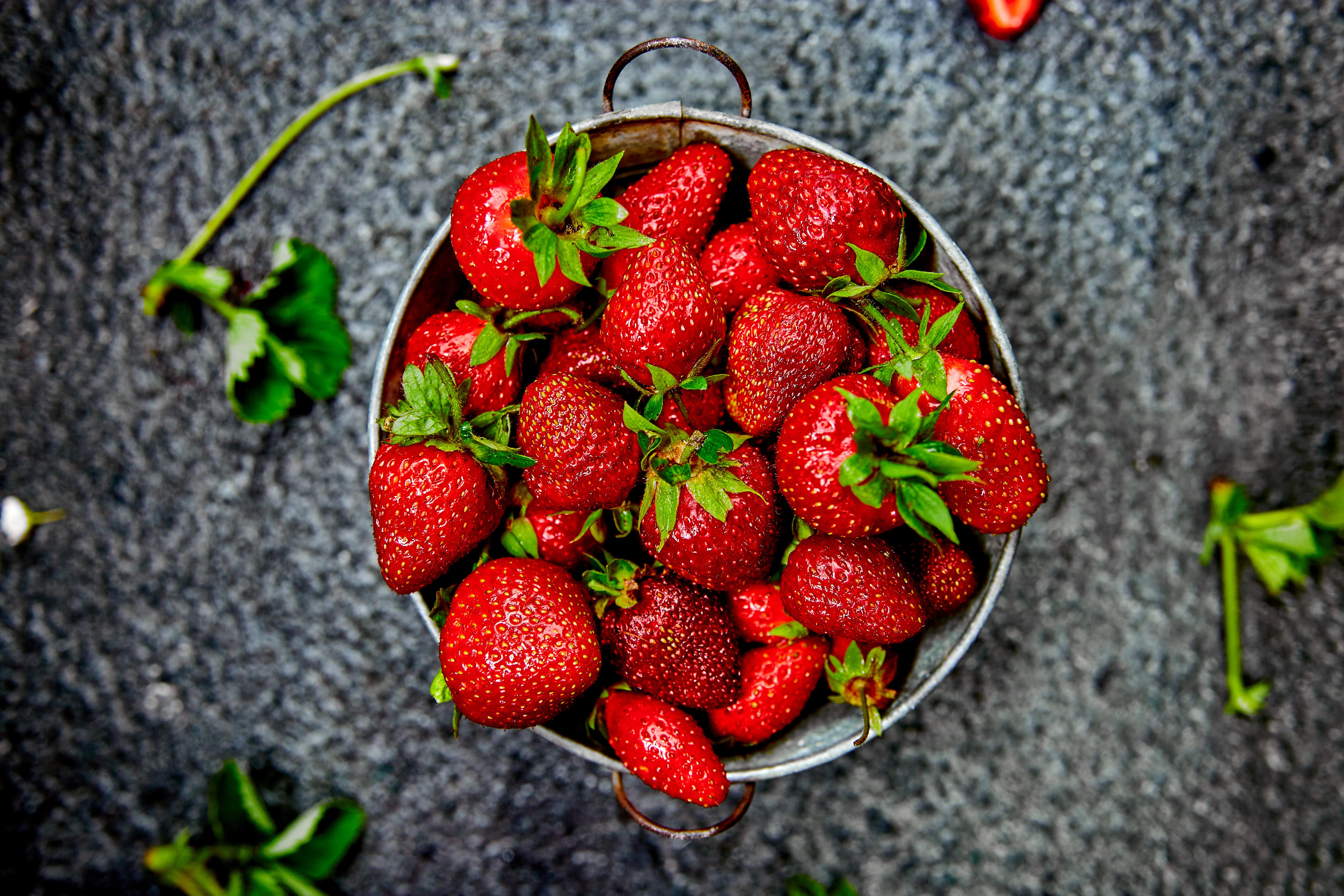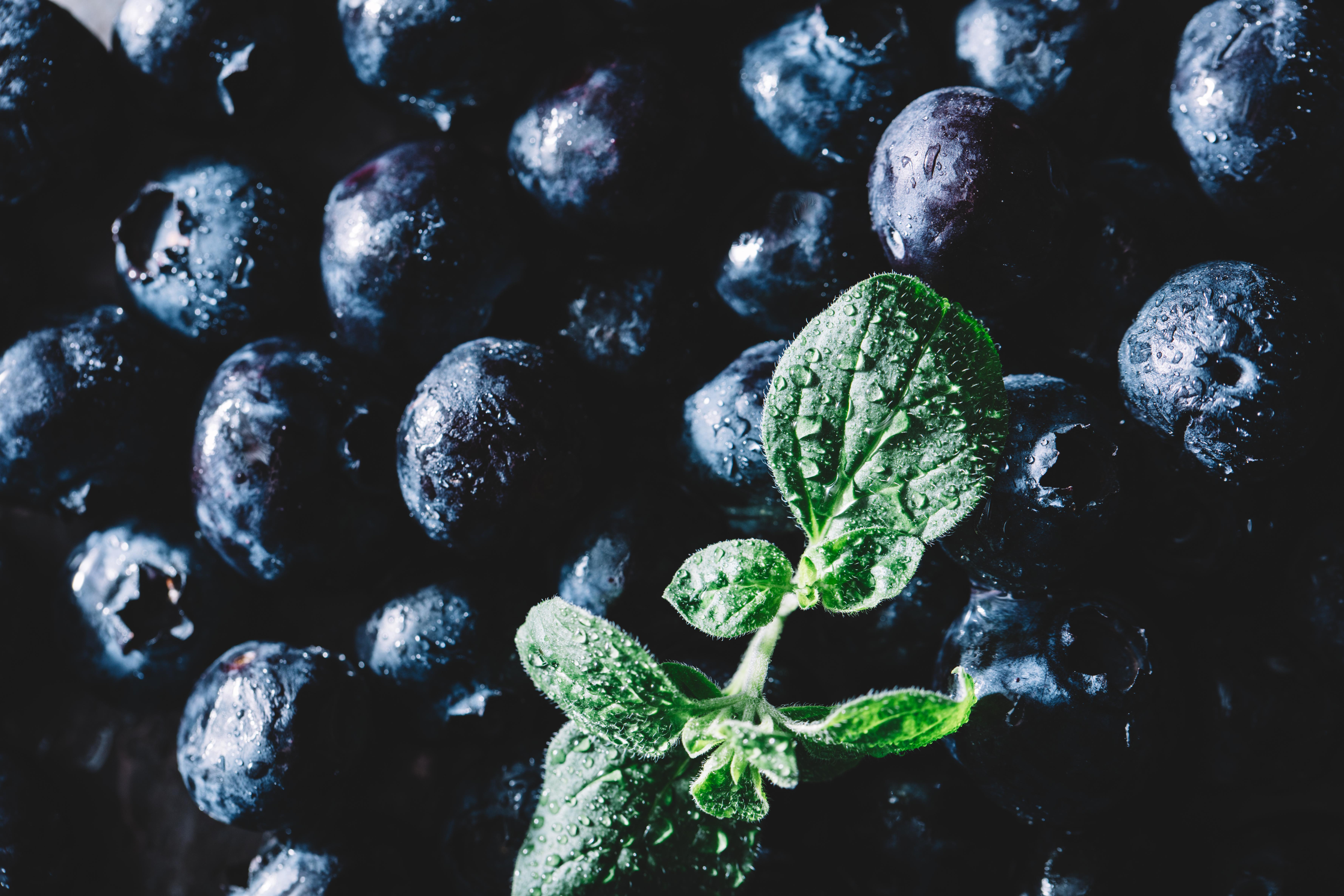Low-Pesticide Fruits That You Can Grow on Your Own
In an era where health-conscious living and sustainable practices are gaining momentum, cultivating your own produce has become a popular trend. Not only does it ensure a fresh supply of fruits, but it also reduces the reliance on commercial farming practices that often involve heavy pesticide use. This article delves into the world of home gardening by highlighting ten fruits that are not only easy to grow but also require minimal pesticide intervention. These selections are based on their natural pest resistance, adaptability to home gardens, and nutritional benefits. Join us as we explore these fruits, offering insights into their cultivation and the advantages they bring to your home and health.
1. Strawberries: Sweet and Simple

Strawberries are a delightful addition to any home garden, known for their sweet flavor and vibrant red color. These berries are relatively low-maintenance and can thrive in small spaces, making them perfect for container gardening. They are naturally resilient to many pests, especially when grown in well-drained soil with plenty of sunlight. By using mulch, you can further deter pests and retain moisture, reducing the need for chemical interventions. Strawberries are rich in antioxidants and vitamin C, making them a healthy choice for your garden. Their versatility in culinary uses adds to their appeal, from fresh snacks to delicious desserts.
2. Blueberries: A Superfood with Super Benefits

Blueberries are heralded as a superfood, packed with vitamins, fiber, and antioxidants. These small fruits are well-suited for home gardens, particularly in acidic soil conditions. Blueberry bushes require minimal pesticide use due to their natural resistance to many common pests and diseases. Regular pruning and proper spacing help ensure good air circulation, further reducing the need for chemical treatments. The bushes also provide beautiful foliage, adding aesthetic value to your garden. With proper care, blueberry plants can yield bountiful harvests for many years, making them a worthwhile investment for health-conscious gardeners.
